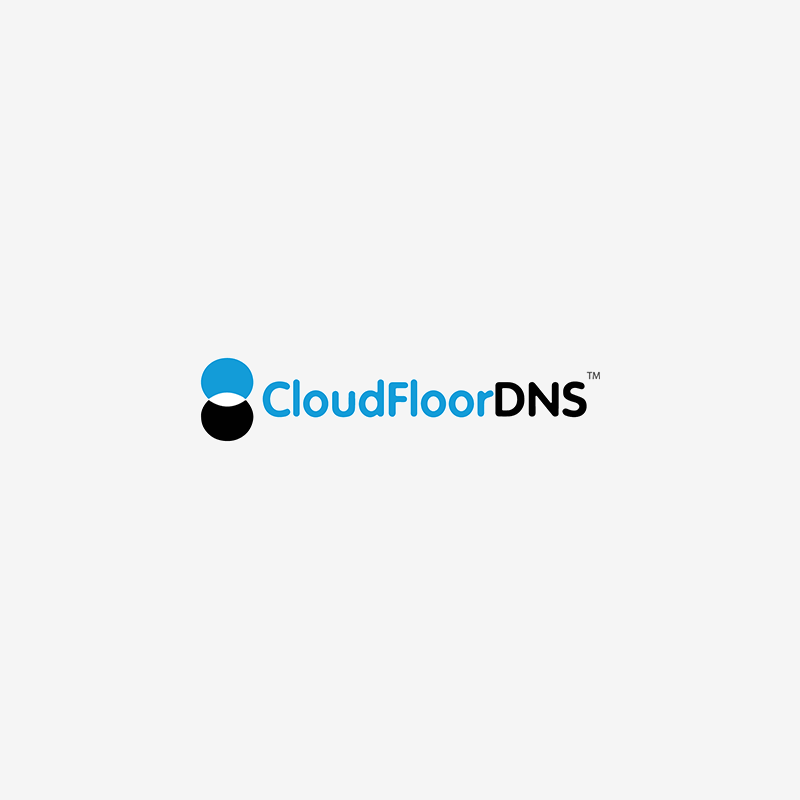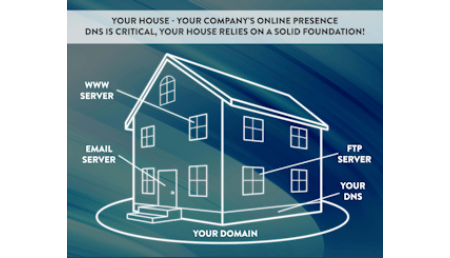Many organizations are flocking to the cloud for their websites and hosted applications for increased performance. The cloud takes the chore out of provisioning servers and adds a layer of simplicity to scale out performance as the need escalates with just a few clicks. Having a large network of fast servers at the ready helps with scalability, but it’s only part of the equation to optimum web performance.
DNS is often overlooked when it comes to your Internet operations performance, yet it’s often one of the most critical components in the chain when squeezing out every ounce of speed. Every web page and app have resources and objects that are required to load for the page or app to be usable. Some web pages and apps can have hundreds of these, each one taking a few milliseconds to load. Each of these resources are typically hosted on your servers and thus need a DNS request to process each item. Slow DNS means slowdowns when fetching these resources, and the end result is slow page and app rendering.
Mix slow anything with today’s ever-impatient consumers and you have a problem. Today’s online visitors will wait for a second or two until they leave your site in search of the products or services they are looking for. Marketing research proves it – a slow site means a loss of clients and revenue to faster, more convenient competition.
Since DNS is at the bottom of the commonly thought of technology chain when it comes to online operations, it makes sense to start there. Select a Managed DNS provider that offers a fast global Anycast DNS network along with advanced DNS services like Load Balancing, GEO DNS and Failover. Anycast DNS will speed vastly up your operations from the start, and advanced DNS services can greatly increase uptime, scalability and brand availability.
When it comes down to it, it’s all about maintaining the foundation of your Internet presence and that begins with DNS. DNS resides at the core of all online activities and without it the Internet wouldn’t exist as it does today. With a fast, consistent availability of your online presence you will continually maintain the loyalty and confidence of your current clients and satisfy future customers.
Have you checked your Web Performance lately? CloudfloorDNS can help you examine your current performance and provide solutions to instantly increase your DNS speed, reliability and flexibility.
CloudfloorDNS, An Everbridge Solution – https://www.CloudfloorDNS.com






